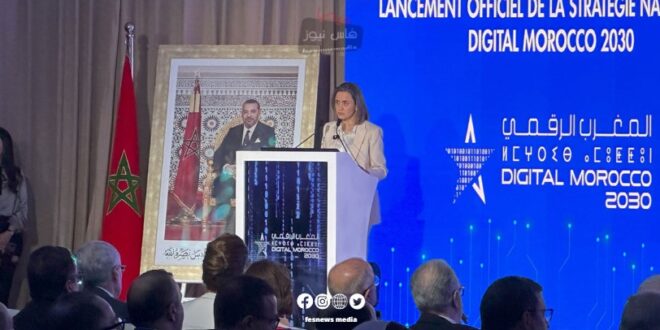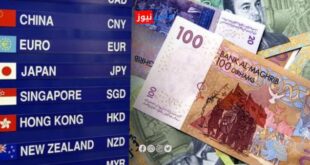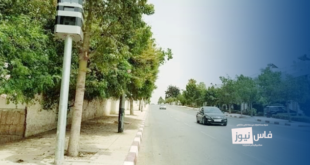The Moroccan government officially launched the “Digital Morocco 2030” strategy on Wednesday in Rabat, aiming to boost the digital economy and create 240,000 direct job opportunities, in addition to contributing to the gross domestic product by 2030.
This strategy, launched by the Ministry of Digital Transition and Administrative Reform, aims to transform Morocco into a digital hub to accelerate the country’s socio-economic development and digitize public services. It also seeks to raise Morocco’s ranking from 113th to 50th globally in the e-government development index and facilitate access to public services.
Prime Minister Aziz Akhannouch, in a video conference speech, emphasized that this strategy underwent extensive consultations, noting that the government was keen to involve key players in the field of digitization to study its content.
The Minister Delegate in charge of Digital Transition and Administrative Reform, Ghita Mezzour, pointed out that this strategy came to light thanks to the concerted efforts of various stakeholders from both public and private sectors and the valuable contribution of civil society organizations across the Kingdom.
The Minister of Economic Inclusion, Small Business, Employment, and Skills, Younes Sekkouri, explained that the strategy aims to create more than 240,000 jobs in digital professions, confirming that the government will support the creation of these jobs through training and mobilizing more than 100,000 professionals, especially in the field of vocational training.
The official launch ceremony of the “Digital Morocco 2030” national strategy was marked by the signing of several partnership agreements between the Ministry of Digital Transition and Administrative Reform and institutions from both public and private sectors. Additionally, the event saw the launch of the second phase of the national plan for the development of high-speed and ultra-high-speed broadband.
 فاس نيوز ميديا جريدة الكترونية جهوية تعنى بشؤون و أخبار جهة فاس مكناس – متجددة على مدار الساعة
فاس نيوز ميديا جريدة الكترونية جهوية تعنى بشؤون و أخبار جهة فاس مكناس – متجددة على مدار الساعة













